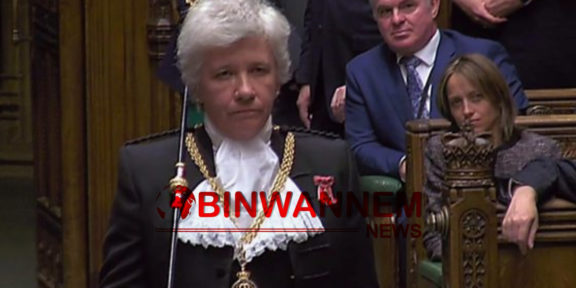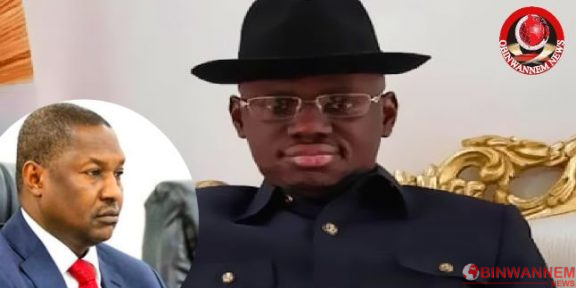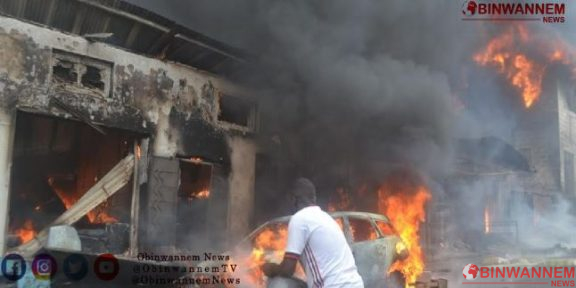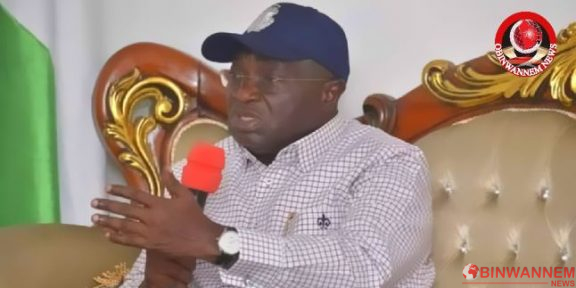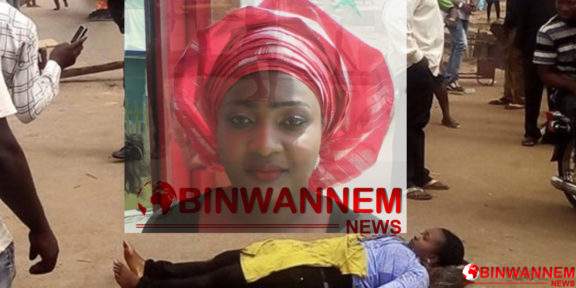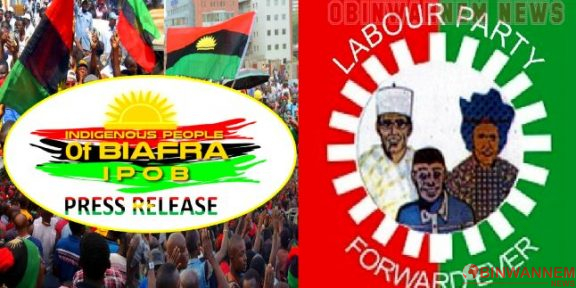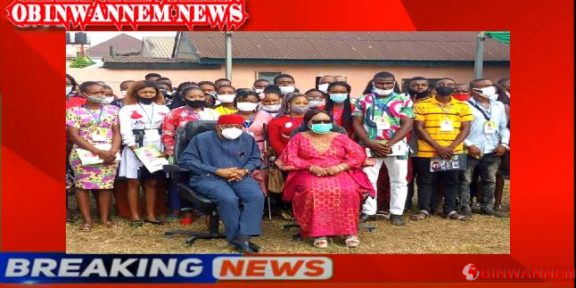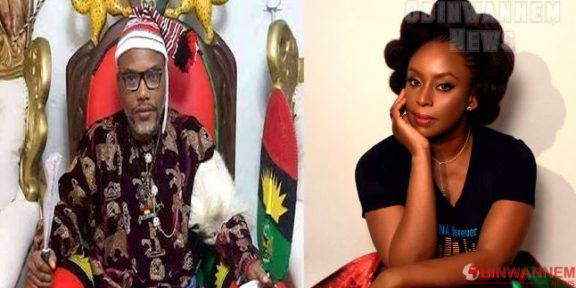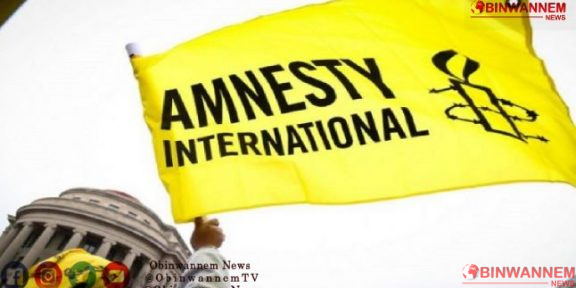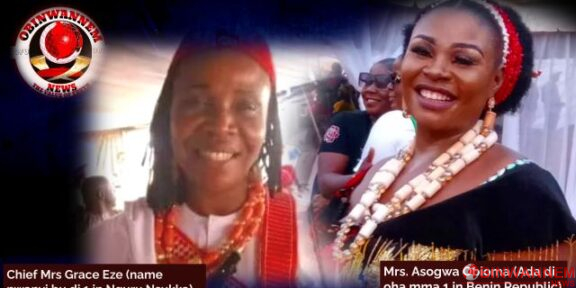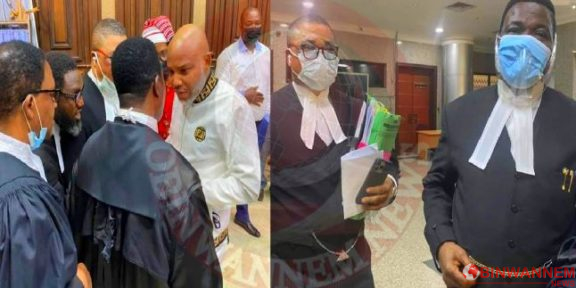In a powerful statement, Mazi Damian Okafor, the National Youth Leader of Ohanaeze Ndigbo Worldwide, has raised a clarion call denouncing the increasing violence and negative profiling faced by the Igbo community in Nigeria. He highlights the alarming situation of Ndigbo being branded as villains and preyed upon like animals in their own homeland, calling it a veiled war against their existence.
Okafor draws attention to the long-standing issue of marginalization faced by the Igbo people, with infrastructural denials, exclusion from key public offices at the national level, and limited opportunities in public service. He criticizes the lack of representation in the security command circle, stating that a South East presence might have led to better-handled security operations in the region.
The Ohanaeze leader further expresses concern over the selective attacks on Igbo voters during elections in Lagos State, where violence and intimidation targeted the community. Okafor condemns the lack of response from the government and other leaders, drawing comparisons to past genocidal acts fueled by ethnic supremacy in other countries.
Okafor dismisses the notion that the current insecurity in the South East is a result of internal contradictions, asserting that the peaceful nature of the region has been maintained despite economic suffocation by the Nigerian state. He highlights the region’s resilience and self-reliance, such as building an airport through communal efforts without significant government assistance.
The youth leader claims that the violence and crisis in the South East are contrived, aiming to exert control and influence over the Igbo people. He suggests that religious and supremacy motives are driving these actions, with certain groups seeking alliances with neighboring ethnicities to politically isolate the Igbo community.
He also criticizes the exclusion of Igbo individuals from the inner circle of power during President Buhari’s administration and raises questions about the militarization of the region, emphasizing that dialogue and consensus are essential for lasting peace.
Okafor concludes with a call for a political solution and sustainable peace in the South East, urging those responsible for the violence to stop the fire fight and engage in meaningful dialogue. He asserts that total surrender and submission are not the answer, and that the killing must cease for a lasting resolution to be achieved.
As tensions rise and violence escalates, the words of Mazi Damian Okafor serve as a passionate plea for peace and unity in Nigeria. The Ohanaeze Ndigbo Youth Leader’s message resonates with many who hope for an end to the violence and a brighter future for the Igbo community in the country.



